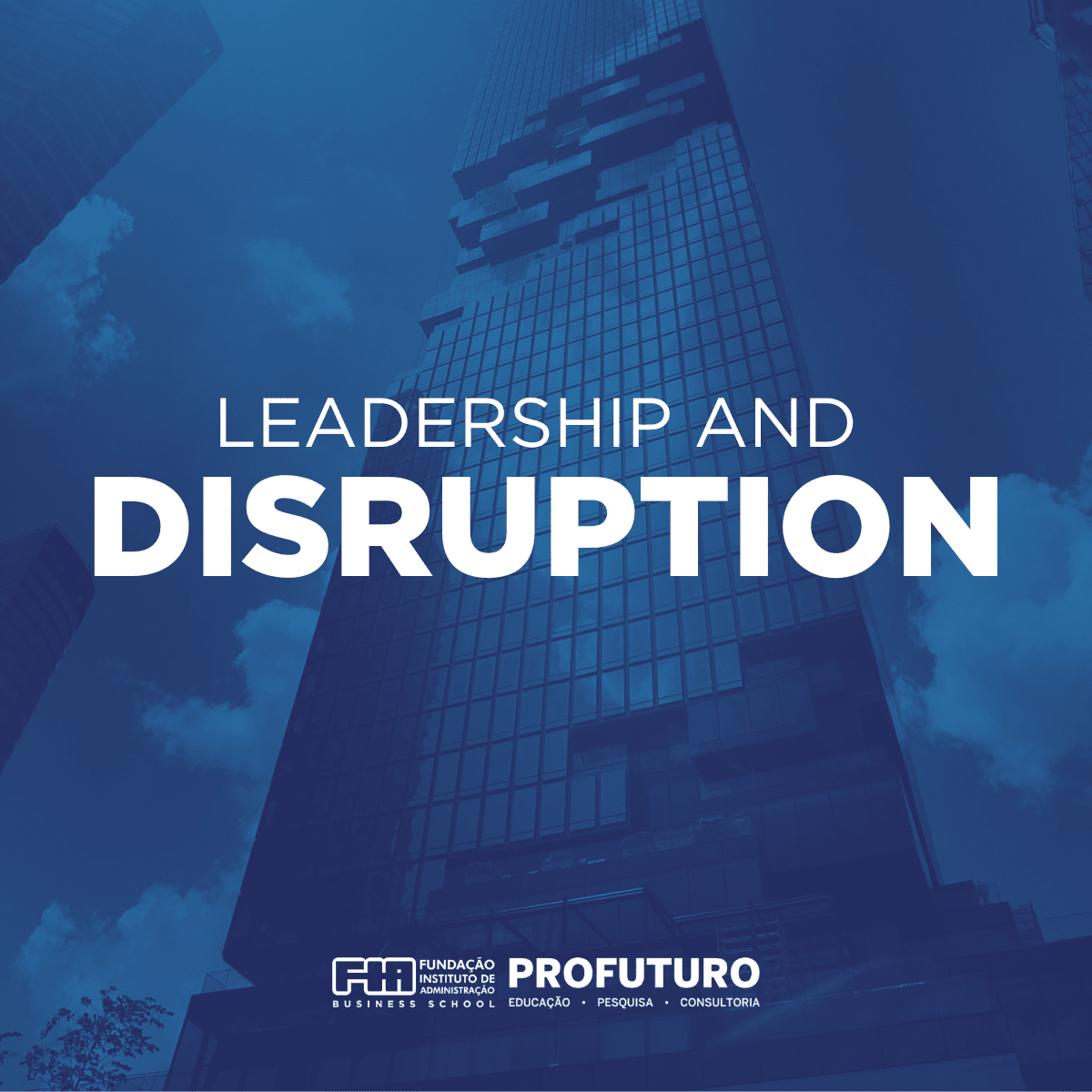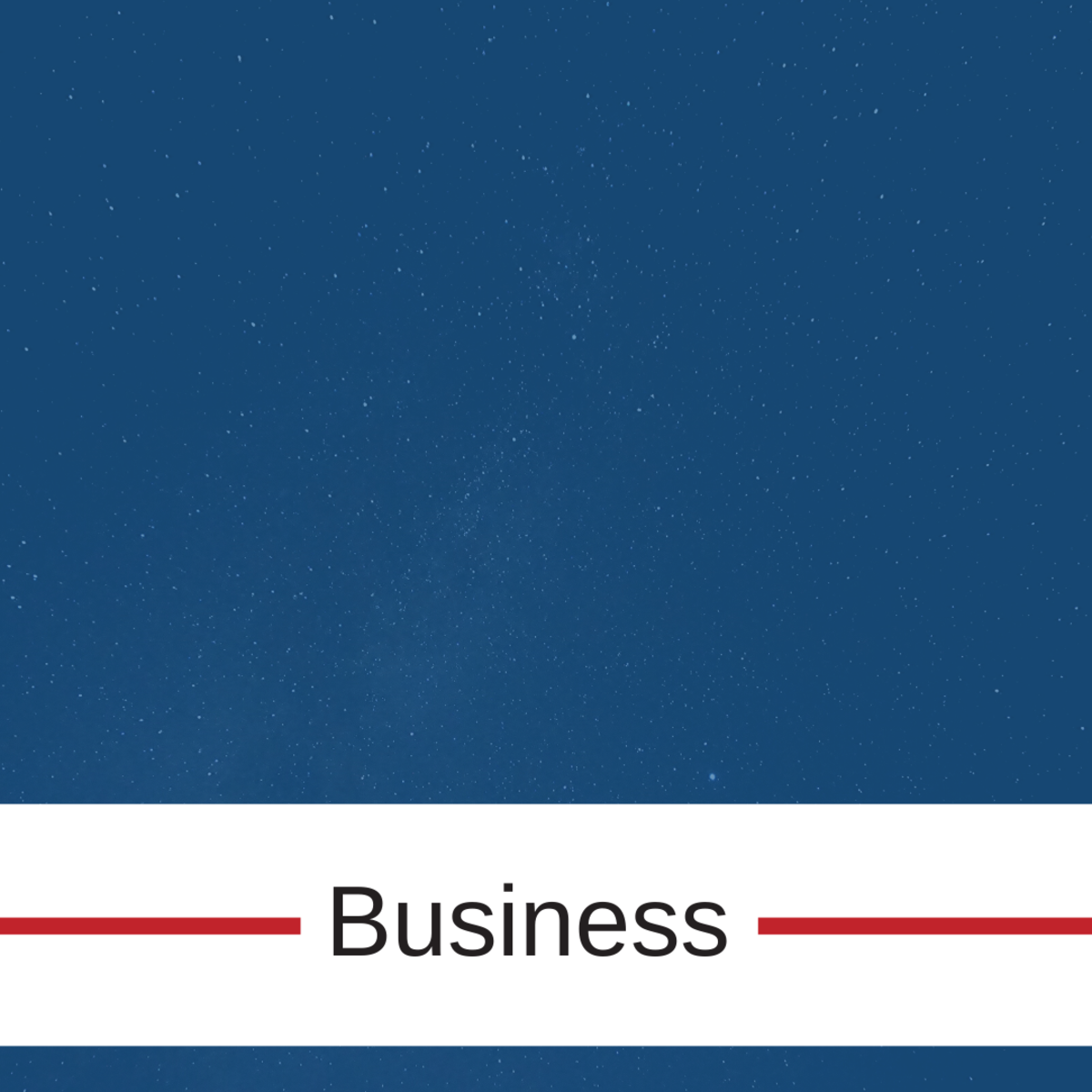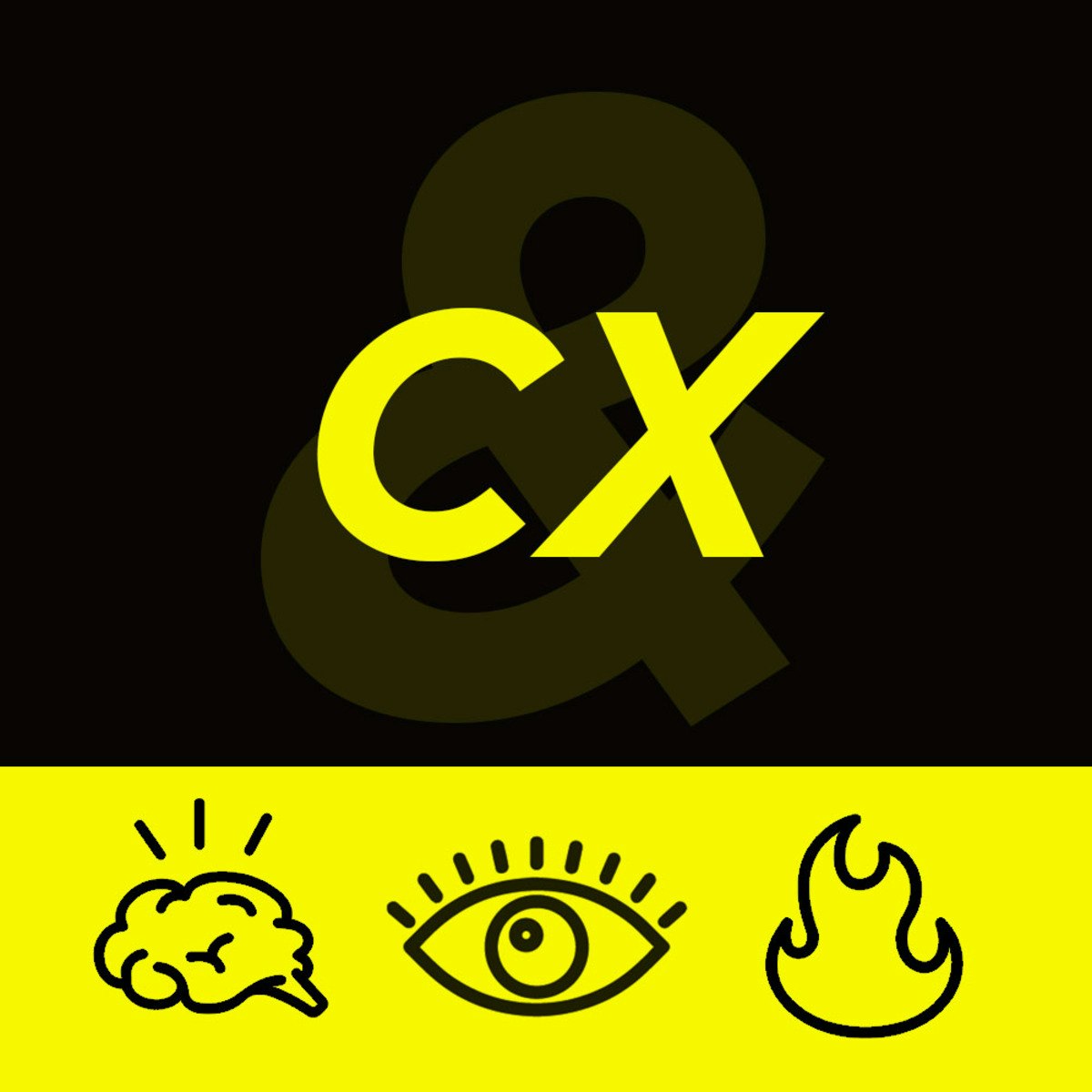Back to Courses









Business Courses - Page 3
Showing results 21-30 of 2058

Influencer Marketing Strategy
Influencer marketing is the practice of engaging internal and industry experts with active networks to help achieve measurable business goals.
This course is about strategy. Although there is no all-purpose, one-size-fits-all influencer marketing strategy template, you will learn how to tailor one for a wide variety of B2B, B2C, and nonprofit organizations using the two-step flow model of communication.
But this course is also about tactics. I believe, “Strategy without tactics is the slowest route to victory. Tactics without strategy is the noise before defeat.” So, you will learn both in this 6-week long course.
Your final project for this course is to create a pitch deck for a social media influencer strategy. The purpose of your final project is to give you a concrete artifact that you can use to demonstrate your mastery of new competencies and skills to either the executives in your current organization or to prospective employers.

Leadership and Disruption
This course is fully focused on developing your new leadership skills. It was developed with the best models and based on best practices in the corporate world. Its content is current and practical, and updated with the latest in remote leadership, especially after the radical and disruptive changes that the world has had since the global pandemic.
As an interactive participant in this course, you’ll learn how to make effectively integrate the 3 elements of successful leadership, the LAB model: Learn, Apply and Benefit.
Going beyond other courses on leadership, you will benefit from each piece of knowledge: that is why we call each “module” a LAB experience! During the 12 LABs, which are distributed over four weeks, you will explore topics such as: Great reset and your new roles as a leader, engagement and master communication, feedback, life long learning, disruptive business, storytelling innovation and digital transformation.
This course is about understanding and developing your leadership style, balance your personal and professional life and propose practical tools to influence remote team members, stakeholders and disrupt your way of making business. Learn how you can enhance your ability to anticipate and craft the future, how to apply storytelling principles to engage others, and how to effectively navigate the challenges of significant organizational disruptions.
You are invited to start a new journey on your career, leaning applying and benefit from new, critical and disruptive competencies, a must for the next years to come!

Introduction to Microsoft Excel
By the end of this project, you will learn how to create an Excel Spreadsheet by using a free version of Microsoft Office Excel.
Excel is a spreadsheet that works like a database. It consists of individual cells that can be used to build functions, formulas, tables, and graphs that easily organize and analyze large amounts of information and data. Excel is organized into rows (represented by numbers) and columns (represented by letters) that contain your information. This format allows you to present large amounts of information and data in a concise and easy to follow format. Microsoft Excel is the most widely used software within the business community. Whether it is bankers or accountants or business analysts or marketing professionals or scientists or entrepreneurs, almost all professionals use Excel on a consistent basis.
You will learn what an Excel Spreadsheet is, why we use it and the most important keyboard shortcuts, functions, and basic formulas.

Six Sigma Tools for Improve and Control
This course will provide you will the tools necessary to complete the final components of the analyze phase as well as the improve and control phases of the Six Sigma DMAIC (Define, Measure, Analyze, Improve, and Control) process. This course is the final course in the Six Sigma Yellow Belt Specialization. You will learn about relationships from data using correlation and regression as well as the different hypothesis terms in hypothesis testing. This course will provide you with tools and techniques for improvement. You will also understand the importance of a control plan, as well as its key characteristics, for maintaining process improvements. Every module will include readings, discussions, lecture videos, and quizzes to help make sure you understand the material and concepts that are studied.
Our applied curriculum is built around the latest handbook The Certified Six Sigma Handbook (2nd edition) and students will develop /learn the fundamentals of Six Sigma. Registration includes online access to course content, projects, and resources but does not include the companion text The Certified Six Sigma Handbook (2nd edition). The companion text is not required to complete the assignments. However, the text is a recognized handbook used by professionals in the field. Also, it is a highly recommended text for those wishing to move forward in Six Sigma and eventually gain certification from professional agencies such as American Society for Quality (ASQ).

What’s Your Big Idea?
Whether your interest lies in solving the world’s biggest problems, creating the next commercial success or addressing something closer to home, this course will give you a toolbox to vet your ideas and test them in the real world.

Create and Design Digital Products using Canva
By the end of this course, you will create templates for digital products that you can sell in the marketplace using Canva. You will be able to incorporate a color scheme, images, and other design elements for aesthetically pleasing and sellable products. This course will include intermediate to advanced level skills using the free version of Canva. Creating high-quality digital products is the perfect way to showcase your design expertise and build a business without a large investment.
Note: This course works best for learners who are based in the North America region. We’re currently working on providing the same experience in other regions.

Branding and Customer Experience
Whether students come from a Branding or a Customer Experience background or perspective, this course will explore the synergies between and the intersection of the two sets of activities. While there are different approaches to defining a branding strategy, a branding project’s implementation impacts many departments and their customer-facing activities. In this sense, it’s essential to understand branding efforts in the context of Customer Experience. In this course, we will use a framework - adapted from Customer Journey Mapping - for focusing and organizing students' thinking about the operational implications of their branding projects. Through the framework, we will derive an operational language for aligning activities and measuring impacts across multiple departments and the customer touch points they manage.

Introduction to Personal Finance
This course is a general overview of a variety of personal finance topics - including budgeting, the importance of your credit score, cash flow, setting financial goals, and taxes. Taught by two CERTIFIED FINANCIAL PLANNER™ Professionals, the concepts are broken down through videos, readings, and activities so you can apply what you are learning in real time. The course provides the foundation to build on for the rest of The Fundamentals of Personal Finance Specialization or as a standalone survey course to improve your understanding of basic personal finance terminology, as well as how they apply to your own financial situation.
Whether you are just starting college, nearing retirement, or somewhere in between, this course will provide you with the knowledge to understand your money and actionable steps to manage your finances in the future. This course is geared towards learners in the United States of America.

GIS Data Formats, Design and Quality
In this course, the second in the Geographic Information Systems (GIS) Specialization, you will go in-depth with common data types (such as raster and vector data), structures, quality and storage during four week-long modules:
Week 1: Learn about data models and formats, including a full understanding of vector data and raster concepts. You will also learn about the implications of a data’s scale and how to load layers from web services.
Week 2: Create a vector data model by using vector attribute tables, writing query strings, defining queries, and adding and calculating fields. You'll also learn how to create new data through the process of digitizing and you'll use the built-in Editor tools in ArcGIS.
Week 3: Learn about common data storage mechanisms within GIS, including geodatabases and shapefiles. Learn how to choose between them for your projects and how to optimize them for speed and size. You'll also work with rasters for the first time, using digital elevation models and creating slope and distance analysis products.
Week 4: Explore datasets and assess them for quality and uncertainty. You will also learn how to bring your maps and data to the Internet and create web maps quickly with ArcGIS Online.
Take GIS Data Formats, Design and Quality as a standalone course or as part of the Geographic Information Systems (GIS) Specialization. You should have equivalent experience to completing the first course in this specialization, Fundamentals of GIS, before taking this course. By completing the second class in the Specialization you will gain the skills needed to succeed in the full program.

Training and Development with Eduflow
In this project, you will create a training and development course using Eduflow. Eduflow is a free, easy to use course builder that gives you the ability to create an interactive and customizable learning experience. Training and development is an essential part of operating any business. Without the personal and professional growth and advancement of your employees and team, your business will become stagnant. Eduflow makes continuing employee education easy and enjoyable.
This project will teach you just how simple it is to create an effective training and development program for your team. Eduflow courses are easy to create, manage, and update. With their wide variety of educational activities, you are sure to meet all of your training and development needs and successfully grow your team’s talents and advance their professional education.
Note: This course works best for learners who are based in the North America region. We’re currently working on providing the same experience in other regions.
Popular Internships and Jobs by Categories
Find Jobs & Internships
Browse
© 2024 BoostGrad | All rights reserved